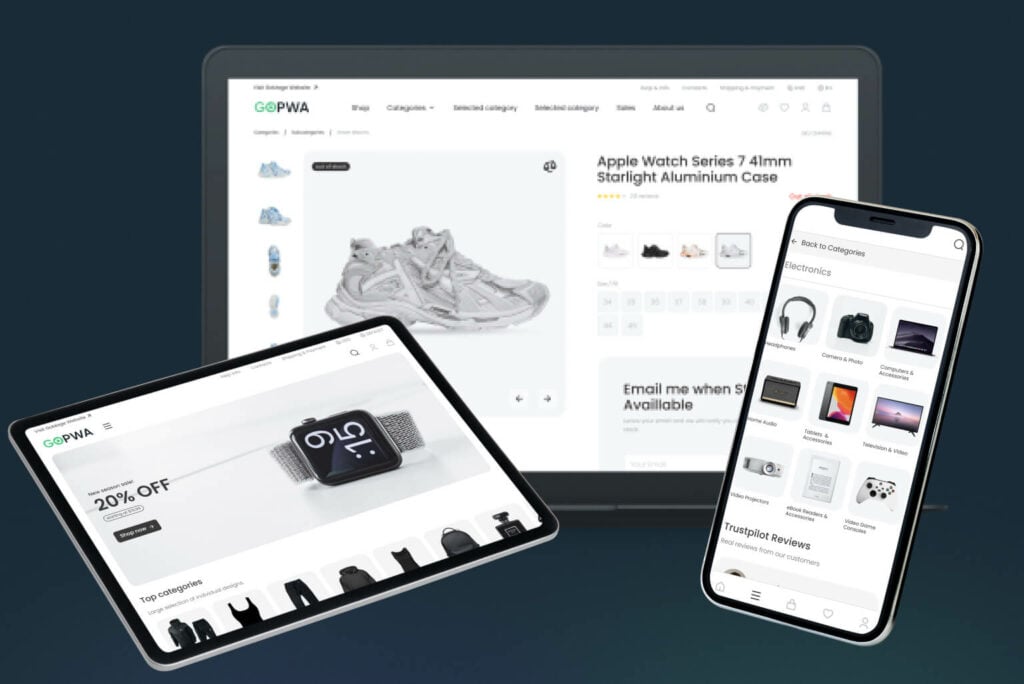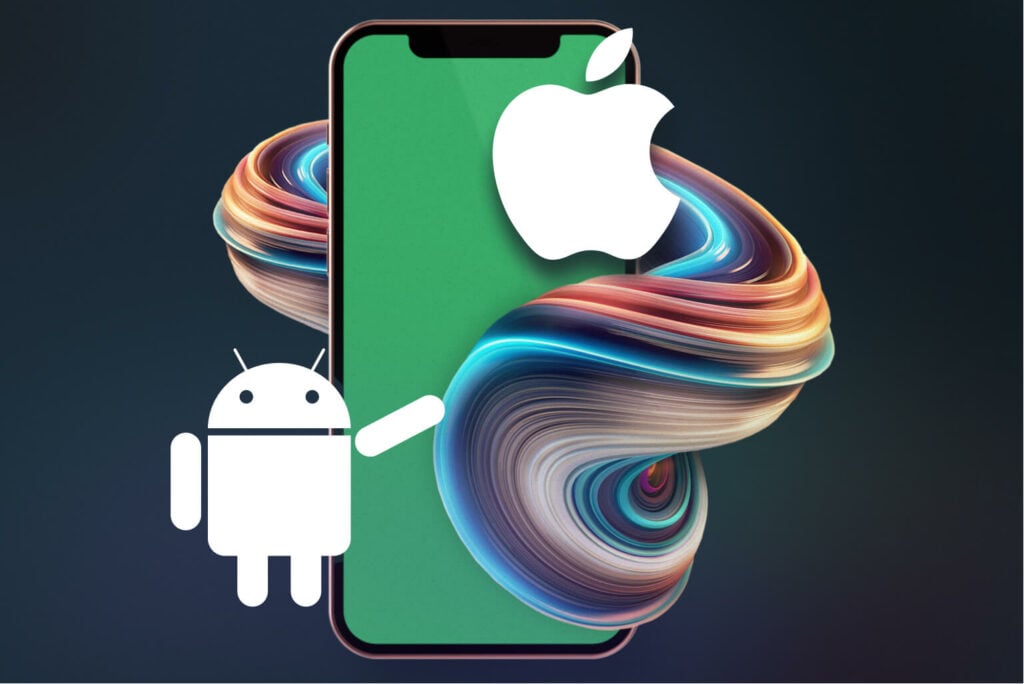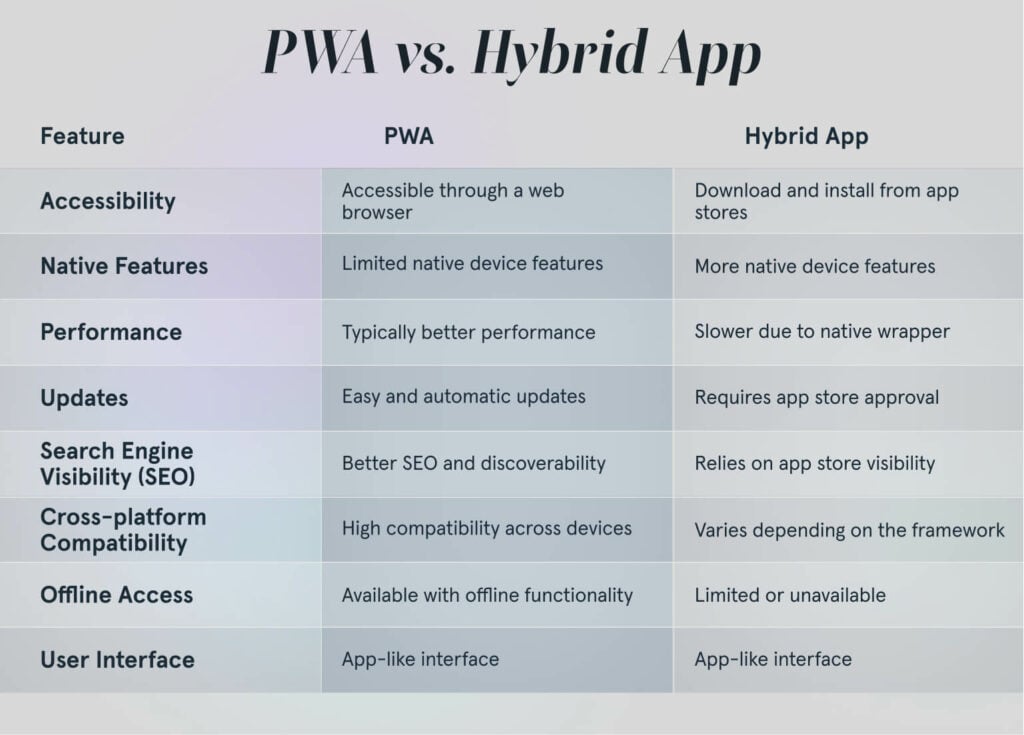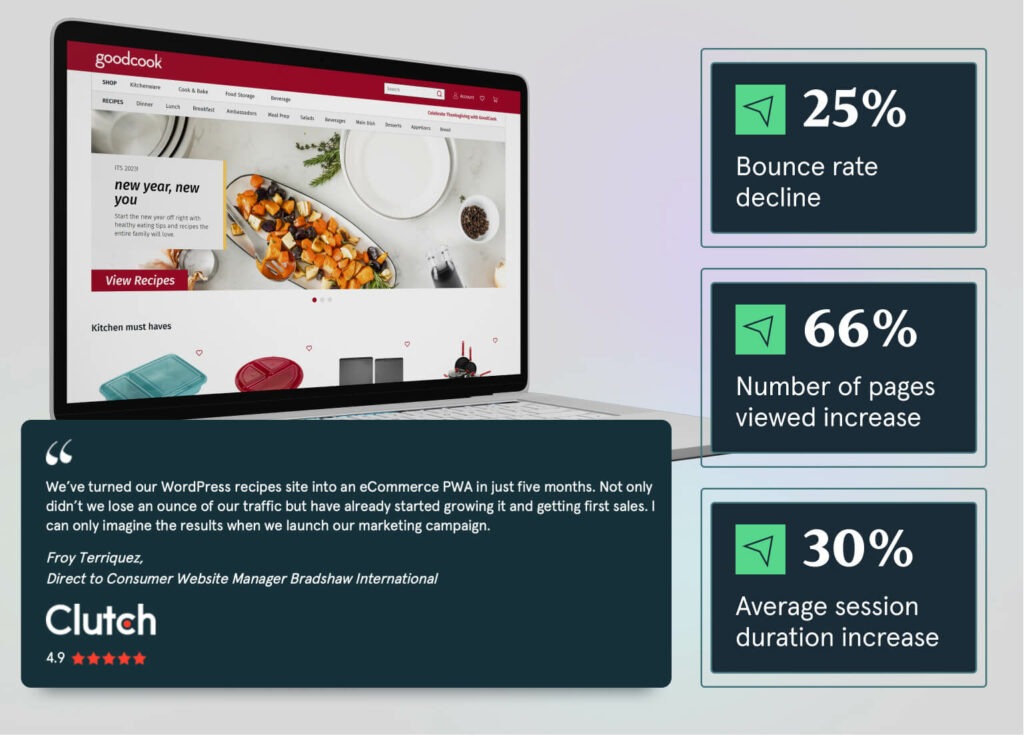As an eCommerce business owner, staying ahead of the competition and delivering a seamless user experience across all devices is crucial. With the rapid advancement in mCommerce, it's essential to choose the right solution for your online store.
Google states that 60% of customers won’t stay on a website if it’s not mobile-friendly and 67% of them are more likely to make a purchase on a mobile-optimized website.
Mobile app development is one of the ways to expand into mCommerce and take your efforts further than eCommerce website development. But there are a few options available that you can turn to. Progressive Web Apps (PWAs) and hybrid mobile apps are two popular options. They both belong to the category of cross platform mobile apps but have a few significant differences between them.
In this article, we will discuss how PWAs and hybrid apps differ, the advantages and disadvantages of each, and factors to consider when choosing the best solution for your business.
Development Get a robust PWA
Supercharge your eCommerce efforts with superb UX and ‘superfast’ speed. Build an eCommerce PWA from scratch or save time and money using GoPWA Storefront.
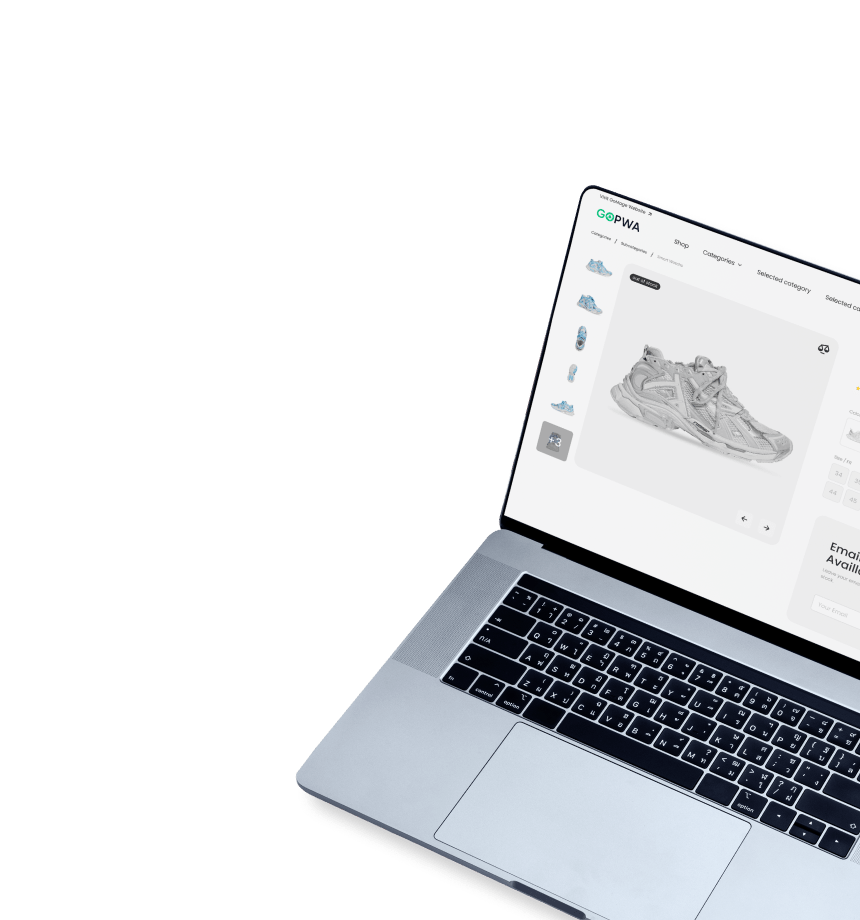
What are Progressive Web Apps (PWAs)?
Progressive Web Apps are web applications that combine the best of web and native app experiences. They are built using standard web technologies like HTML, CSS, and JavaScript, and run in a web browser. PWAs can be accessed through a URL, just like any other website, but they also offer native app-like functionality, such as offline access, push notifications, and the ability to be installed on a user’s mobile devices. Unlike native apps, there is no need to create two separate codebases for iOS and Android devices.
Advantages of PWAs
- Broad platform compatibility: PWAs work across all major platforms and devices, ensuring a consistent user experience.
- Easy to update: PWAs can be updated easily without requiring users to download updates through app stores.
- Lower development cost: Building a PWA is generally less expensive than developing native apps for multiple platforms.
- SEO benefits: As PWAs are web-based, they can be indexed by search engines, driving organic traffic to your eCommerce store.
Disadvantages of PWAs
- Limited native functionality: PWAs may not offer the same level of native functionality as dedicated mobile apps.
- Performance limitations: PWAs might not perform as well as native apps, especially on lower-end mobile devices.
What are Hybrid Apps?
Hybrid apps are mobile applications built using web technologies like HTML, CSS, and JavaScript, but they run inside a native container or wrapper, such as Apache Cordova (previously known as PhoneGap). This enables hybrid mobile apps to access native mobile devices features like the camera, GPS, and contacts, which are not available to PWAs.
Advantages of Hybrid Apps
- Cross-platform compatibility: Like a PWA, a hybrid mobile app works across multiple platforms, ensuring a consistent user experience.
- Access to native features: Hybrid apps can access native device features, offering a more comprehensive app experience.
- Cost-effective development: Developing a hybrid mobile app is typically more cost-effective than building separate native apps for each platform.
Disadvantages of Hybrid Apps
- Performance limitations: Hybrid apps may not perform as well as native apps due to the additional layer of the native wrapper.
- App store approval: Hybrid apps must be submitted and approved by app stores, which can be a time-consuming process.
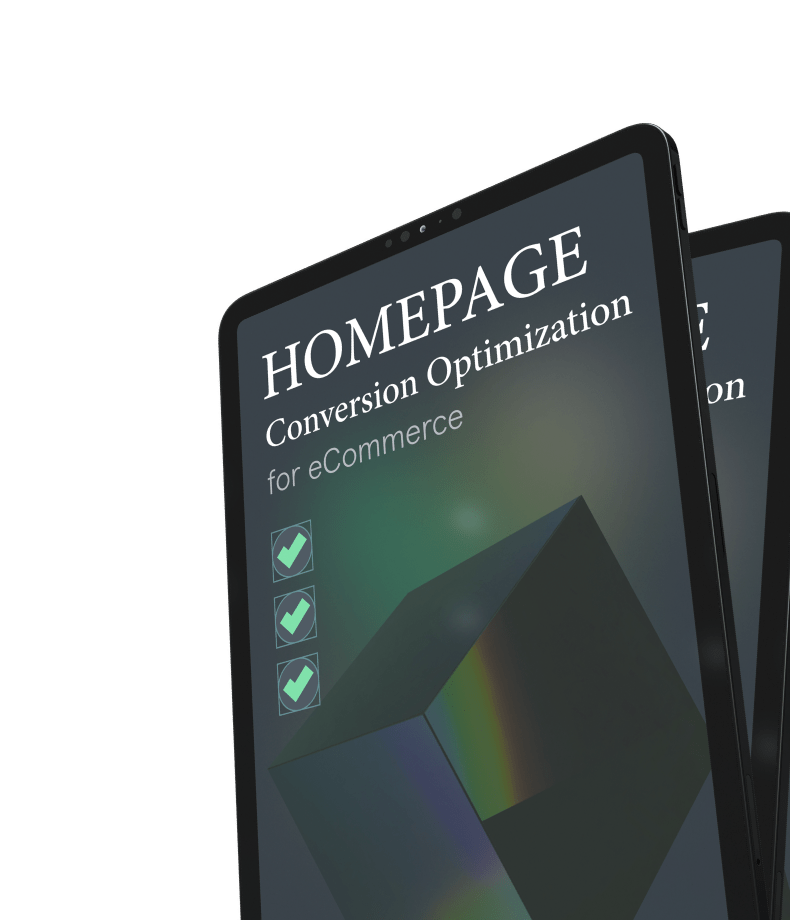
PWA vs Hybrid App: Key Differences
These two options have one main capability in common – they work on all devices running in Android and iOS. They are not so similar in other aspects. Just take a look at the main difference between a progressive web app and hybrid app.
- Distribution
Hybrid applications are distributed via app stores like Google Play store or the App Store by Apple. PWAs provide higher discoverability as they can be found in search results and added to a device with the “Add to Homescreen” option.
- Customization
PWAs leave a lot of space for customization. You can easily make changes to your codebase, and changes will be applied to your eCommerce PWA.
On the other hand, hybrid applications offer limited customization. As they work on all operating systems, you cannot use all the benefits of a particular operating system as other systems might not support the same features. This is one of the main differences between a PWA vs hybrid app.
- Development cost
In most cases, the development cost of a hybrid app is higher than the development cost of a progressive web application. Moreover, you can easily add PWA functionality to an existing website, speeding up the development type significantly.
- Performance
Magento PWA is known for its performance. By caching information, it provides super-fast page loading speed. The difference between PWA and hybrid app lies in the inability of the latter to boast such advantages. Hybrid applications are known for performance issues that require a lot of tweaks and optimization to provide great speed on all devices and operating systems.
- Offline mode
Mobile shopping requires an internet connection. While progressive web applications can be used in offline mode, eCommerce hybrid apps require an active internet connection to view products and make purchases. If an internet connection is lost, users won’t be able to continue browsing your application.
There is no doubt that PWA wins in hybrid vs. PWA comparison. They provide better user experience, faster development time, and the ability to interact with your eCommerce PWA in offline mode.
Factors to Consider When Choosing Between PWAs and Hybrid Apps
To decide which solution is best for your eCommerce business, consider the following factors:
- Development budget: If you have a limited budget, a PWA or hybrid app might be a more cost-effective option than developing separate native apps.
- Platform compatibility: Both PWAs and hybrid apps offer cross-platform compatibility, but if you require deeper integration with native device features, a hybrid app may be a better choice.
- Performance: If performance is a high priority for your eCommerce store, PWAs generally have an edge over hybrid apps due to the lack of a native wrapper.
- SEO and discoverability: PWAs are more easily discoverable through search engines, which can drive organic traffic to your eCommerce store. Hybrid apps rely on app store visibility and marketing efforts.
- Update process: PWAs can be updated easily and automatically, while hybrid apps require approval from app stores, which may slow down the update process.
Why Consider PWA for eCommerce Mobile Application Development
Many eCommerce companies that didn’t want to create a separate app for iOS and Android have already chosen PWA for their businesses. Let’s take a look at some of the most prominent features of PWAs.
- Responsive design: PWAs are built with a mobile-first approach, ensuring a seamless and consistent user experience across various devices and screen sizes. This feature is particularly important for eCommerce businesses, as customers often browse and shop on multiple devices.
- Fast loading times: PWAs leverage modern web technologies and optimization techniques to deliver fast loading times, even on slower networks. This can significantly improve user engagement and conversion rates, as customers are more likely to abandon a site that takes too long to load.
- Offline access: PWAs can function even when the user is offline or has a poor network connection. This enables customers to continue browsing your eCommerce store and access previously viewed pages without interruption, resulting in a smoother and more satisfying shopping experience.
- App-like interface: PWAs offer an app-like interface that is familiar and easy to navigate for users, making it more likely that they will engage with your store and make purchases.
- Push notifications: PWAs support push notifications, allowing you to send targeted and timely messages to your customers, such as new product announcements, special promotions, or abandoned cart reminders. This feature can help increase customer engagement and drive sales.
- Easy updates: Unlike native mobile apps, PWAs can be updated easily and automatically, without requiring users to download updates from an app store. This ensures that your customers always have access to the latest features and improvements.
- SEO benefits: PWAs are web-based and can be indexed by search engines, which can help improve your eCommerce store’s visibility and drive more organic traffic to your site.
Real-World Examples of PWAs in eCommerce
To further illustrate the differences between PWAs and hybrid apps, let’s look at some real-world examples of eCommerce businesses that have adopted each technology.
PWA Examples
- GoodCook: The leading manufacturer of kitchenware in the USA built a PWA based on GoPWA and saw a 25% decrease in bounce rate, 30% increase in average session duration, and 66% increase in number of pages viewed per session. Check the full project story in the case study.
- AliExpress: The global eCommerce giant AliExpress implemented a PWA to improve user experience and increase conversions. As a result, the company reported a 104% increase in conversion rates and a 74% increase in time spent per session.
- Flipkart: India’s largest online retailer, Flipkart, switched to a PWA to provide a faster and more engaging experience for its users. The move resulted in a 70% increase in conversions and a 3x decrease in data usage.
Hybrid App Examples
- Amazon: Amazon has a hybrid app that combines web views with native components to deliver a consistent user experience across platforms. The app allows users to access the full range of Amazon’s products and services, including Prime Video and Amazon Music.
- Target: The popular US retail store Target uses a hybrid app to provide users with a seamless shopping experience. The app includes features like in-store maps, barcode scanning, and integration with the Target REDcard loyalty program.
Development Get a robust PWA
Supercharge your eCommerce efforts with superb UX and ‘superfast’ speed. Build an eCommerce PWA from scratch or save time and money using GoPWA Storefront.

How GoPWA Can Help You Save 15,000 Development Hours
When considering PWA development for your eCommerce business, selecting the right solution is crucial. One such option is the GoPWA Storefront by GoMage. Let’s see what it can give you and how it can benefit your business.
GoPWA is a Progressive Web App solution developed by GoMage, a leading eCommerce solutions provider. It is specifically designed for Magento-based online stores, offering a seamless integration with the platform. GoPWA provides a mobile-first, responsive design, fast loading times, and various advanced features, such as offline mode support and push notifications. The solution aims to enhance the user experience for customers, improve search engine visibility, and boost eCommerce store performance while offering cost-effective development and expert support.
Key Features & Benefits of GoPWA Storefront
- Seamless integration with Magento: GoPWA Storefront is specifically designed for Magento-based eCommerce stores, ensuring a smooth and hassle-free integration with your existing platform.
- Responsive design: The GoPWA Storefront boasts a mobile-first, responsive design that automatically adapts to various devices and screen sizes, providing an excellent user experience for your customers.
- Fast loading times: Optimized for performance, GoPWA Storefront significantly reduces page load times, resulting in better user engagement and higher conversion rates.
- Offline mode support: GoPWA Storefront enables your customers to continue browsing your store even when they’re offline, enhancing the overall user experience.
- Customization: GoPWA Storefront is highly customizable, allowing you to tailor the PWA to match your brand and specific business requirements.
- Improved SEO: Thanks to its web-based nature, your PWA developed with GoPWA Storefront will be indexed by search engines, driving more organic traffic to your store.
- Cost-effective solution: As GoPWA Storefront is built specifically for Magento, you can save on development costs and time compared to building a custom PWA from scratch.
PWA vs. Hybrid App: Key Takeaways
Choosing between a PWA and a hybrid app for your eCommerce business ultimately depends on your specific requirements, budget, and priorities. Both technologies offer advantages and disadvantages, but the key is to carefully consider the factors outlined in this article to make an informed decision.
PWAs are an excellent choice if you prioritize SEO, easier updates, and broad platform compatibility, while hybrid apps may be more suitable if deeper integration with native device features is crucial for your business.
By understanding the differences between PWAs and hybrid apps, you can select the best solution for your eCommerce store and provide an outstanding user experience for your customers.
If you decide to choose progressive web apps, get in touch with our team to discuss your project and how we can help you build it.


